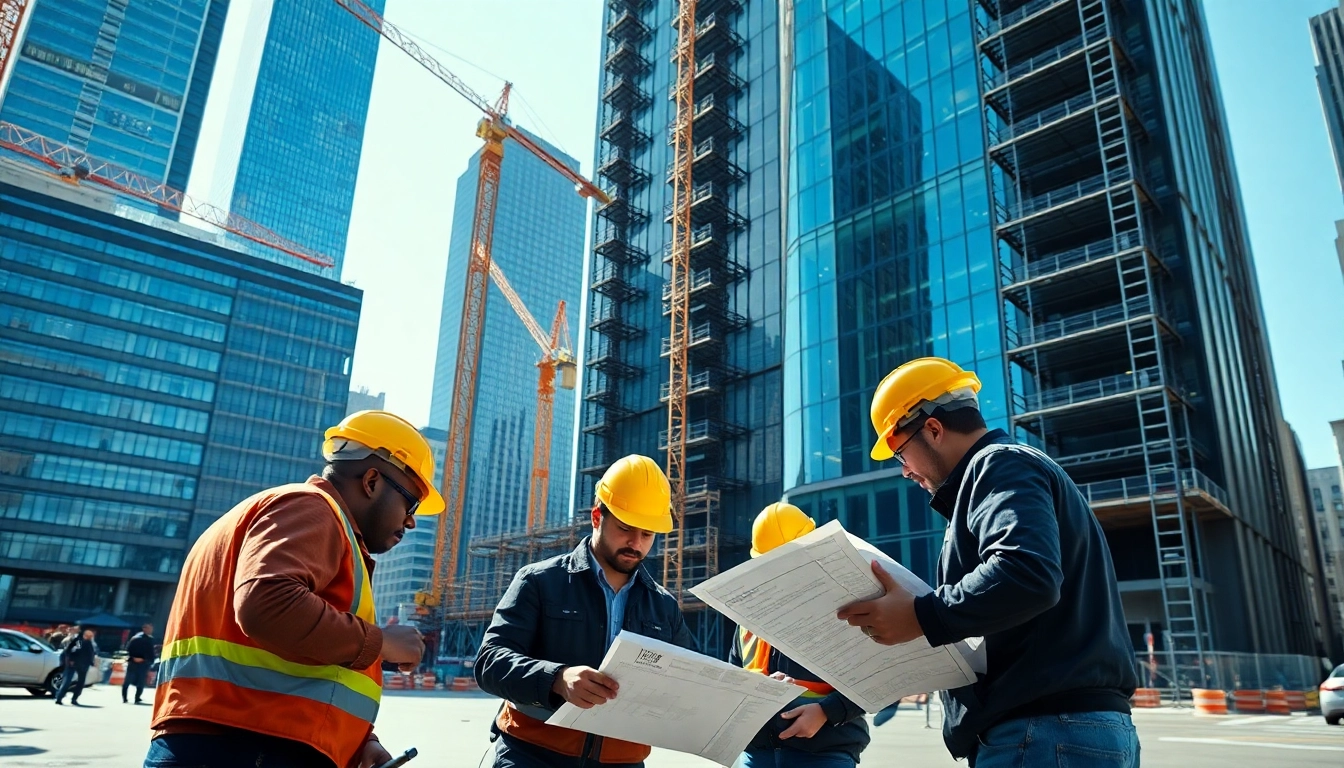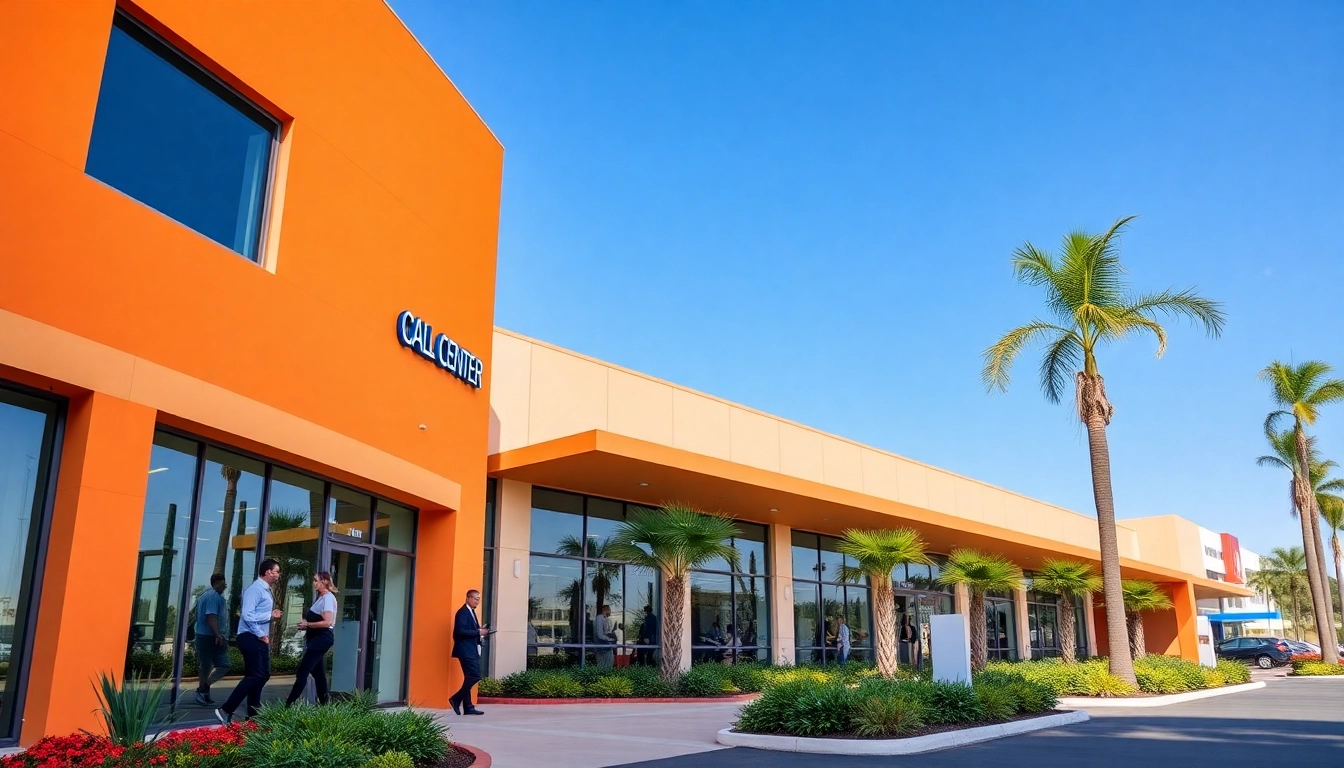Understanding the Role of New York City Commercial General Contractor
Definition and Responsibilities
A New York City Commercial General Contractor plays a pivotal role in ensuring the successful execution of commercial construction projects. These contractors take on the responsibility of managing the entire construction process, from the planning stages to project completion. Their expertise encompasses a wide array of functions, including project management, coordination of subcontractors, and compliance with city regulations and codes.
The definition of a general contractor in NYC expands beyond simple construction tasks. These professionals are responsible for assembling a team of subcontractors, which may include electricians, plumbers, carpenters, and more. They are also tasked with overseeing the necessary supplies and materials needed for the job, managing the budget, ensuring schedules are adhered to, and most importantly, maintaining the quality of work throughout the project. This comprehensive management is crucial in a city as vibrant and complex as New York.
Key Services Offered
In New York City, commercial general contractors typically provide a broad spectrum of services tailored to meet the specific needs of their clients. These services often include:
- Construction Management: This involves planning, coordinating, and controlling a project from inception to completion, ensuring that budget, schedule, and quality standards are met.
- Design-Build Services: Many contractors offer a design-build approach where they manage both the design and construction phases, providing a seamless transition and communication between teams.
- Preconstruction Services: This service includes project budgeting, scheduling, and risk assessment, allowing clients to make informed decisions before the construction begins.
- Renovations and Remodeling: Provides expertise for existing buildings, whether it’s performing aesthetic upgrades, functional modifications, or complete overhauls.
- Sustainability Consulting: With the growing emphasis on sustainability, many general contractors now offer services that involve green building practices and compliance with environmental regulations.
The Importance of Regulation Compliance
Regulatory compliance is one of the most critical aspects of a general contractor’s responsibilities in New York City. Local, state, and federal regulations govern numerous aspects of construction, including building codes, safety regulations, and environmental guidelines. Failure to comply can lead to significant penalties, including project delays, fines, or even complete shutdowns of construction activities.
General contractors must stay updated on the latest regulations and have thorough knowledge about permits, inspections, and zoning laws that can affect a project. Engaging a reliable New York City Commercial General Contractor ensures that every compliance aspect is appropriately handled, allowing the project to progress smoothly and legally.
Choosing the Right New York City Commercial General Contractor
Factors to Consider When Hiring
Hiring the right contractor can significantly impact the success of your construction project. When selecting a New York City Commercial General Contractor, consider the following factors:
- Experience: Evaluate how long the contractor has been in business and the types of projects they have completed, particularly those similar in scope and complexity to yours.
- Reputation: Seek out reviews and testimonials from previous clients. A respected contractor should have a record of positive feedback and successful project completions.
- Licensing and Insurance: Ensure that the contractor holds the necessary licenses to operate in New York City and possesses adequate insurance coverage to protect against potential liabilities.
- Communication Skills: Effective communication is crucial in construction projects. The contractor should be responsive, transparent, and willing to engage throughout the project lifecycle.
- Financial Stability: A financially stable contractor is more likely to have the resources and capabilities to complete a project without interruption.
Evaluating Previous Projects and Experience
When assessing potential general contractors, it is vital to review their portfolio of previous work. This involves looking at completed projects that showcase their expertise, attention to detail, and quality of workmanship. Pay attention to the following aspects:
- Project Variety: A well-rounded contractor should have experience in various types of commercial projects, such as office buildings, retail spaces, and industrial facilities.
- Design and Innovation: Assess if the contractor has a history of implementing innovative designs and solutions that meet client needs. This can indicate their adaptability and creativity.
- Client Interaction: Examine how the contractor interacted with clients during previous projects. High levels of client satisfaction and testimonials can point to favorable working relationships.
Understanding Pricing and Contracts
The pricing structure can vary greatly amongst contractors, and it is crucial to understand how pricing works before entering into any agreements. Key areas to explore include:
- Types of Contracts: Familiarize yourself with the different contract types like fixed-price, cost-plus, and time-and-materials contracts. Each has advantages and potential pitfalls depending on your project scope.
- Detailed Estimates: Request detailed estimates that break down costs for labor, materials, and any other expenses. This practice clarifies what you are being charged for and helps avoid any hidden costs later.
- Payment Terms: Understand the payment schedule and conditions outlined in the contract. Ensure it aligns with project milestones, and clarify policies on budget overruns and changes.
Best Practices for Effective Project Management
Communication Strategies for Large Teams
Effective communication is fundamental to project management, especially in the construction industry where multiple stakeholders are involved. Key strategies include:
- Regular Meetings: Holding frequent meetings with stakeholders ensures everyone is aligned on project progress, upcoming tasks, and any issues that may arise.
- Utilization of Technology: Implementing project management software can enhance real-time communication among teams and facilitate collaboration across different project domains.
- Clear Documentation: Maintaining clear and concise documentation of agreements, changes, and communications helps in maintaining transparency and accountability.
Time Management Techniques in Construction
Time is an essential factor in construction projects, and effective time management techniques can help ensure projects stay on schedule. Some methods include:
- Project Scheduling: Utilize Gantt charts or critical path methods to establish timelines and monitor progress against milestones.
- Resource Allocation: Assign resources wisely to prevent overloading specific teams or individuals, maintaining a balanced work pace across the project.
- Flexibility and Contingency Planning: Preparing for potential setbacks by creating contingency plans ensures the project can adapt to unexpected challenges.
Quality Control and Safety Standards
Maintaining high quality and safety standards is paramount in any construction project. Effective practices include:
- Regular Inspections: Conducting frequent audits of worksite conditions and materials helps ensure compliance with safety regulations and quality standards.
- Training and Education: Implement training programs for all workers to reinforce safety protocols and quality control measures.
- Quality Assurance Processes: Utilize systematic steps to evaluate and monitor work quality continuously, addressing issues before they escalate.
Trends Shaping the Future of Commercial Construction in NYC
Sustainable Building Practices
Sustainable building practices are becoming increasingly prevalent in the commercial construction sector in New York City. As environmental concerns grow, contractors are focusing on reducing waste and utilizing eco-friendly materials. Key trends include:
- Green Certifications: Many projects aim for certifications such as LEED (Leadership in Energy and Environmental Design), which recognize efforts to create energy-efficient buildings.
- Use of Renewable Energy Sources: Integrating renewable energy systems such as solar panels and geothermal systems significantly reduces the carbon footprint of commercial buildings.
- Water Conservation Techniques: Implementing water-efficient plumbing fixtures and landscaping helps companies comply with conservation regulations and reduce operational costs.
Technology Integration in Construction
The rise of construction technologies, like Building Information Modeling (BIM) and drones, is reshaping how projects are designed and implemented. These tools enhance visualization, accuracy, and efficiency throughout the project lifecycle. Notable benefits include:
- Enhanced Collaboration: BIM facilitates real-time collaboration among stakeholders, improving communication and understanding of project designs.
- Reduced Errors: The ability to model designs digitally before physical implementation can minimize costly mistakes and time wastage.
- Improved Site Monitoring: Drones equipped with cameras can monitor construction sites, providing valuable data for site management and safety inspections.
The Impact of Urban Development on Construction Projects
New York City continues to undergo rapid urban development, influencing the construction industry in various ways. Understanding these impacts is crucial for general contractors. Main influences include:
- Zoning Changes: As city regulations evolve, contractors must stay aware of zoning changes that may affect project design and feasibility.
- Infrastructure Challenges: Ongoing infrastructure development can pose logistical challenges but also offers opportunities for comprehensive urban planning and integrated designs.
- Community Engagement: Engaging local communities can result in more successful projects by addressing potential concerns and acquiring support for new developments.
Case Studies of Successful New York City Commercial General Contractor Projects
Highlighting Innovative Designs
Innovative design is a hallmark of successful construction projects. General contractors who embrace cutting-edge design strategies can significantly enhance functionality and aesthetic appeal. Case studies of innovative projects often showcase:
- Adaptive Reuse: Transforming old buildings into modern spaces that retain historical significance while serving new functions exemplifies creative reinvention.
- Mixed-Use Developments: Implementing designs that combine residential, commercial, and public spaces can foster vibrant community engagement.
Project Management Success Stories
Successful project management underpins effective construction outcomes. Examples of project management success include:
- Proactive Risk Management: Implementing thorough risk assessments that identify problems early in the project can help mitigate issues before they arise.
- Efficient Resource Management: Streamlined resource allocation contributes to project efficiency, keeping within budget and on schedule.
Lessons Learned from Notable Challenges
Every construction project presents its challenges, and the capacity to learn from these experiences is invaluable. Key lessons often include:
- Importance of Flexibility: Adapting to unforeseen circumstances and being willing to modify strategies can safeguard project success.
- Value of Communication: Clear and continuous communication among all members helps prevent misunderstandings and enhance collaboration.




